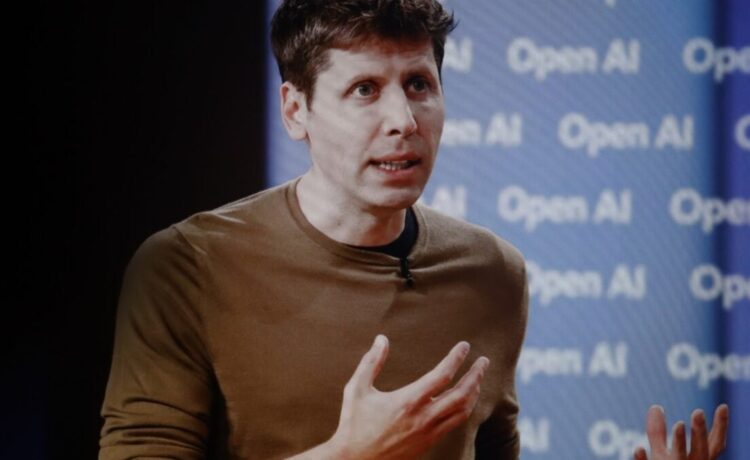OpenAI just inked another multibillion dollar deal.
The AI giant will pay Amazon $38 billion over the next seven years to gain access to the company’s AI infrastructure, the two companies announced on Monday.
OpenAI will use Amazon’s data centers (which themselves rely on Nvidia chips) to train new AI models and serve inference for ChatGPT. The deal might also expand to include millions of central processing units to power OpenAI’s agentic AI ambitions, Amazon said in a press release.
All of the targeted capacity will be deployed by the end of next year and could expand further after 2027.
The computing deal, which is the first partnership between OpenAI and Amazon’s cloud infrastructure arm AWS, comes on the tails of OpenAI’s recapitalization last week, which saw the AI giant finally become for-profit.
Under the new structure, Microsoft gave up its right of first refusal to be OpenAI’s computing supplier, but will continue to have intellectual property rights to OpenAI models through 2032 and will hold a 27% stake. Following the restructuring announcement, Reuters reported that OpenAI was planning for an IPO as early as next year.
The newly minted AWS-OpenAI partnership is also just the latest in a substantial dealmaking spree surrounding Sam Altman’s company.
All within the past few months, the AI giant has signed a $300 billion data center partnership with Oracle, a $10 billion custom in-house AI chips deal with Broadcom, and expanded its CoreWeave deal to $22 billion. On top of that, OpenAI also scored a $100 billion investment by Nvidia, grabbed a 10% stake in chipmaker AMD, and agreed to purchase $250 billion of Microsoft’s Azure services.
All in all, OpenAI’s computing deals so far have topped $1 trillion, according to a report by the Financial Times.
The AI industry has become one infinitely expanding and tangled web of multibillion-dollar investments, made by a handful of giant tech companies with overlapping interests.
At the heart of this web are the two companies that have become synonymous with what industry analysts call the “AI revolution”: Nvidia and OpenAI.
With each deal, the tech giants inject more money into the system, enjoy a boost in share prices and hit market capitalizations that have never even been dreamed of before. Just last week, less than a day after announcing a series of partnerships worth billions of dollars, Nvidia became the only company in history to be worth $5 trillion.
If all goes according to plan, these circular investments could continue to build up the market and U.S. economic growth. But if AI breakthroughs slow down, or for any reason, demand doesn’t pan out the way these companies have imagined it would, then it creates huge risks for the global financial system. Because the system is so tightly-wound right now that no mistake will be isolated: if one company goes down, then they all go down together.
That has only supercharged fears of an AI bubble for skeptics. If AI adoption is limited, as skeptics fear might be the case, then these circular deals could be considered “round-tripping,” analyst Rishi Jaluria told Gizmodo last month, aka making trades to artificially prop up an asset and make it seem more valuable and in demand than it actually is.
For now, there is no consensus on how AI demand is going to scale, so we will have to wait and see what the true impact of this trillions-worth dealmaking spree is going to be.




